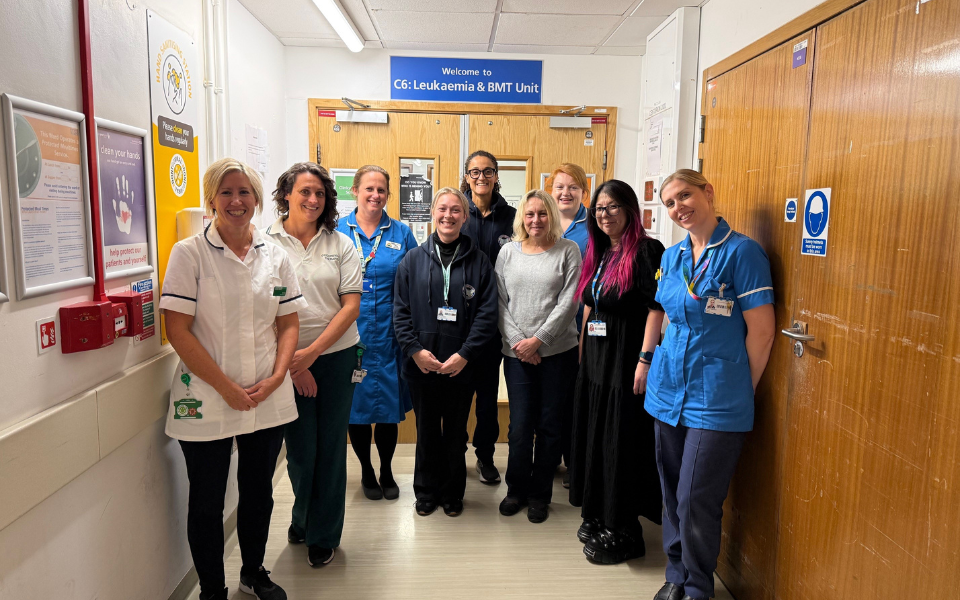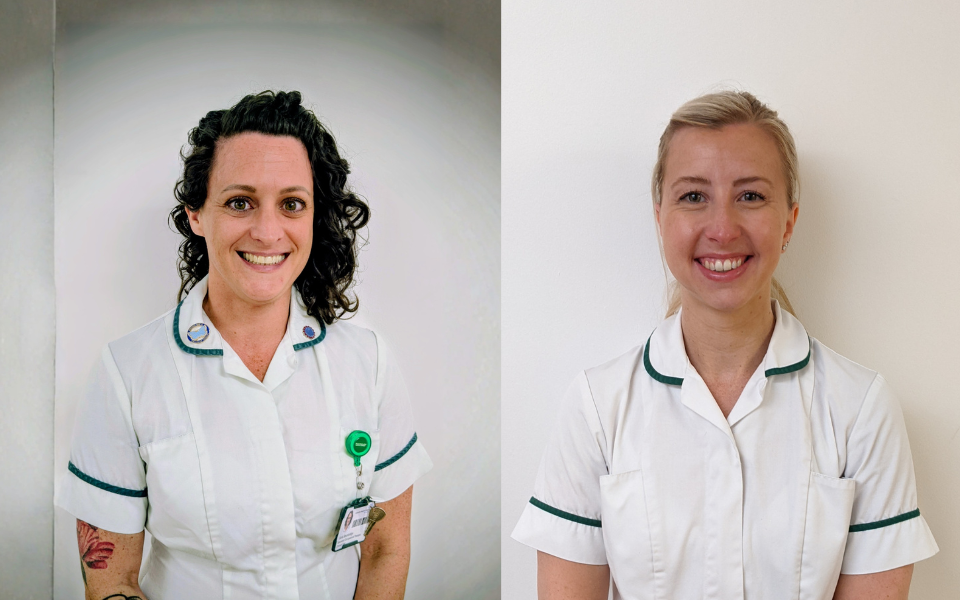
Allied health
Empowering Lives Every Day: Why Occupational Therapy Is a Career That Makes a Difference
What if your job could help someone rediscover the joy of everyday life? From supporting recovery after illness to enabling independence at home, occupational therapists (OT) are the quiet force behind some of the most meaningful moments in healthcare.
At University Hospital Southampton, our occupational therapists don’t just treat, they transform. In this blog, we hear from Carla (picture on the left) and Anna (picture on the right), two Advanced Specialist OTs, whose stories reveal the heart of the profession and why it’s a career worth considering. Whether you're exploring allied health roles or looking for a new challenge, this is your invitation to discover the power of occupational therapy.
What inspired your journey into occupational therapy (OT), and how has your role evolved?
Carla: During my junior years in occupational therapy (OT), I was fortunate enough to experience many different specialist areas, including orthopaedics, stroke, medicine for older adults, and the emergency department. These areas really encompassed the OT process and my understanding of activity analysis, enabling me to adapt tasks to support people in optimising their independence.
My role evolved when I was seconded into cancer care for a year. I fell in love with the area, and luckily, an opportunity presented to remain within the team, which I jumped at. Cancer care is an area like no other, and ultimately, I get to support people with improving their quality of life and overcoming some very tough challenges.
Anna: When I was younger, I really wanted to work in a hospital, but didn't know in what role. I knew I didn't want to be a doctor or a nurse, but there isn't much information out there about all the other roles, especially allied health professionals (AHPs). Then, when I was looking into university courses, I looked through the health and social care options, and I found Occupational Therapy.
I did a bit of work experience in local hospitals and decided I really wanted to be an OT as I felt it aligned with my values. I have always enjoyed taking part in lots of different meaningful activities (crochet, climbing, gymnastics), helping people, solving problems and organising things. When I started work, I did several rotations in different areas, community housing and adaptations, stroke, orthopaedics, and medicine for older people. I then chose to specialise in medicine, which allowed me to progress up the bandings into the team leader I am today.
I was able to develop my moving and handling skills, complex discharge planning and learn more about specialist equipment. I really enjoy working with a wide range of adults, using all my skills to create a holistic therapy plan for my patients.
How does occupational therapy make a meaningful difference in the lives of patients, particularly in helping them regain independence and confidence?
Carla: Meaningful activities range from being able to complete the daily morning routine to participating in hobbies. When someone is unable to participate in these, life can become very overwhelming.
As an OT, my role involves being able to problem-solve and think outside the box to support people in being able to participate in their chosen meaningful activities in different ways. Sometimes ideas do not go to plan, but working together, we can continue to implement different ideas.
What does collaboration look like in your role, and how does working with other professionals enhance the care you provide?
Carla: My role within cancer care is specifically for patients who are receiving CAR-T therapy. The team consists of consultants, clinical nurse specialists, dietitians, and, within my years of experience, this team truly stands out to me. As a multidisciplinary team, we value each specialist's input, and we endeavour to deliver true patient-centred care.
What opportunities for learning and development have you had in your occupational therapy career, and how have they helped you grow in your role?
Carla: Working in a teaching hospital, there are always many opportunities for learning and development within the OT speciality, and we are very much encouraged to promote our achievements.
Three years ago, I had the opportunity to present a poster at the OT event, which promoted our OT service development project within the emergency department. This allowed me the incredible opportunity to network with colleagues around the country and meet the director of the Royal College of Occupational Therapy and the director of the World Federation of Occupational Therapists.
Anna: Within the NHS, we are given lots of opportunities for learning and development. We have regular meetings with our supervisors and yearly appraisals to outline our goals for the next year. As well, there are loads of in-house teaching options available, and also some funding to attend external courses.
In 2022, I was lucky enough to go to a course in Manchester about Single-Handed Care Moving and Handling Techniques. Attending this course then opened up the opportunity to lead on projects within our service, to promote patient independence and reduce care packages so that patients could leave the hospital quicker. I co-wrote a business plan that led to a new service being set up that is still ongoing today. I am so pleased to have had this opportunity to develop my project and leading change skills, which will be invaluable in my career going forward.
What’s one misconception about occupational therapy that you often encounter, and how would you explain the true scope of your role?
Carla: If you haven’t received direct treatment from an Occupational Therapist, our role can be very misunderstood, with the understanding that we arrange packages of care and equipment for home. While OT does have an influence on care packages and assessing for complex equipment, my scope of practice spans far wider. My role focuses on optimising quality of life. This could involve exploring strategies for people who have had changes to their physical function, which may include managing daily routines, sleep hygiene, fatigue management, or supporting them to return to hobbies and interests.
Anna: The biggest misconception about Occupational Therapy when you speak to the general public is that we help people get into work/find a job. This is one very small aspect of what we can do, and only in very specialist roles would you do this.
Our profession is so much broader than this, and sometimes I wish they would change the name to Activity Therapist, as we look at the person as a whole, and assess the person in relation to every activity they do in their life. For example, in my role, I will assess someone's ability to carry out personal care, prepare a meal, find out if they are safe to look after themselves at home from a cognitive perspective, as well as assessing their home environment for equipment that will promote their independence (e.g. specialist seating so that someone can sit in a chair and engage in a meaningful activity like having lunch with their family).
We use our problem-solving skills to solve some very complex social situations to ensure patients go home safely and with the support they need. An OT can work anywhere, as we will always be able to help those with whatever occupational imbalance a person has. Everyone has to have meaningful activities in their lives; this is part of being human.
What advice would you give to someone considering a career in occupational therapy, especially within a hospital setting?
Carla: If you have compassion, empathy and a passion for working with people, this may be the role for you. I spend a lot of time getting to know my patients very well and providing them with individualised care with a focus on what’s important to them. Often, it’s the little things that make the biggest impact, especially when it can be the most difficult time of their lives.
Carla and Anna’s stories show how occupational therapy is built on empathy, creativity, and a deep understanding of what makes life meaningful. From supporting patients through cancer care to leading service innovations that improve independence, their work reflects the true scope and impact of OT within a hospital setting.
Their reflections remind us that occupational therapy is about more than recovery; it’s about restoring independence, confidence, and connection. If you're inspired by their journey and want to explore a career where you can make a real difference, click here to explore how UHS can support your career.
Related Blogs
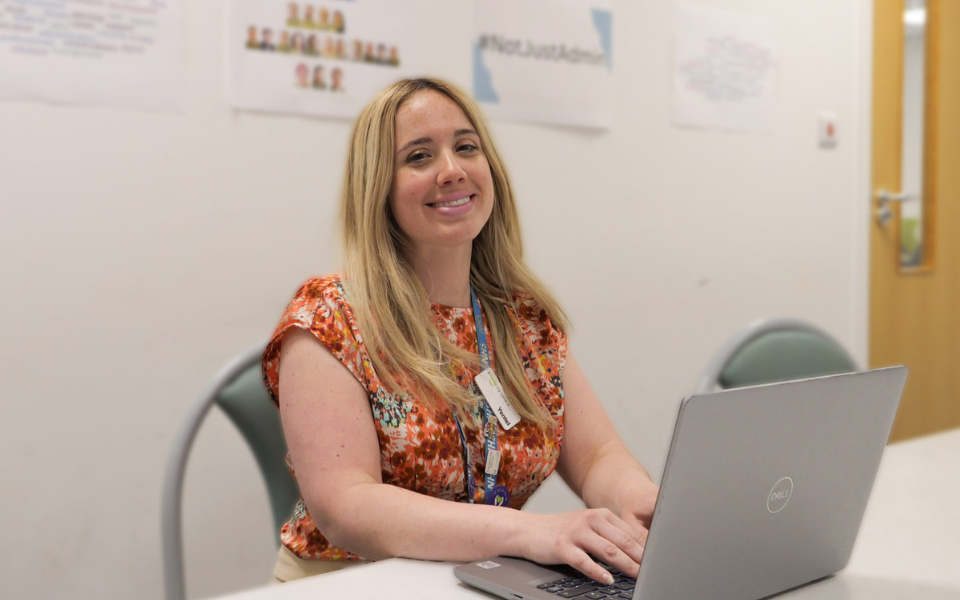
From Sports Coach to NHS Innovator: How Yentel Found Purpose at UHS
More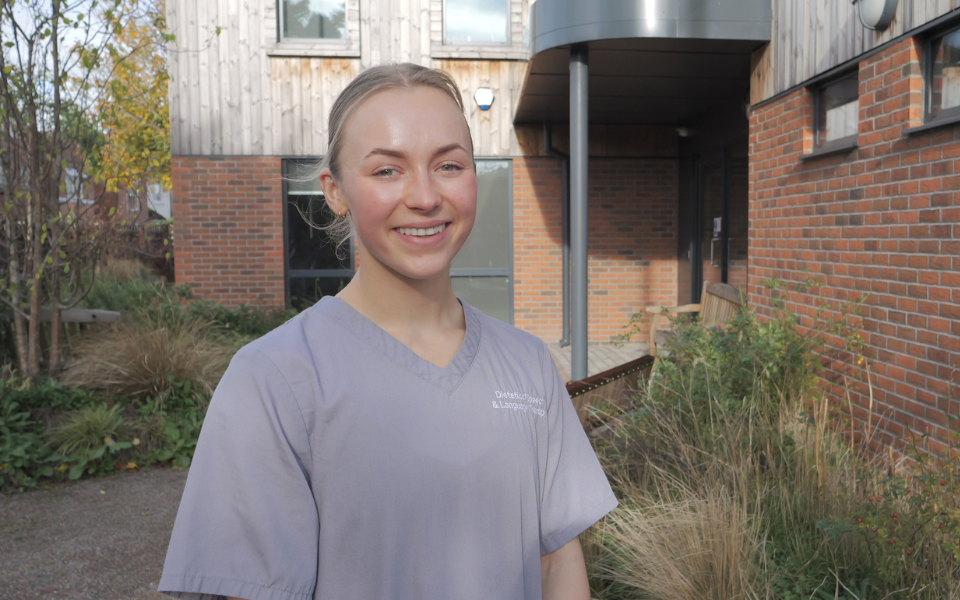
Supporting Newly Qualified Professionals: The Impact of Preceptorship at UHS – Goda’s Story
More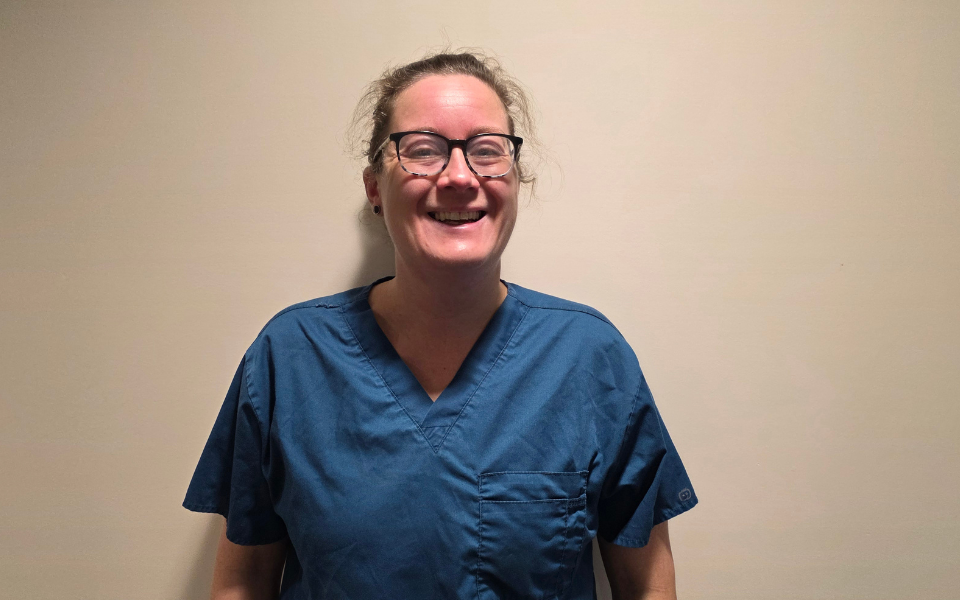
From Childhood Dream to NHS Specialist: Lizzi’s Journey in Pharmacy
More